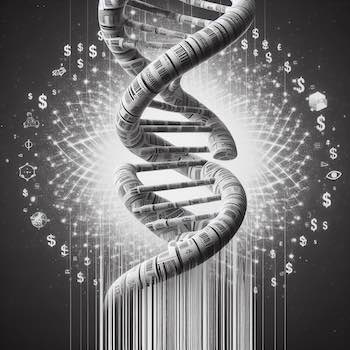The profound mediocrity of the arguments against the death penalty
What is the most remarkable point in the debate on the death penalty? It is probably the gap between those who have lived through the effects of inhuman behavior and those who discuss it in a living room. Compassion is not enough to transform the world of some into that of others. Which does not … Read more










